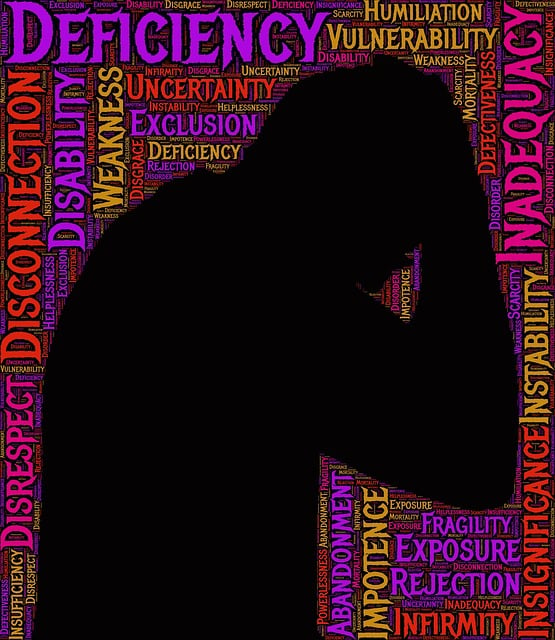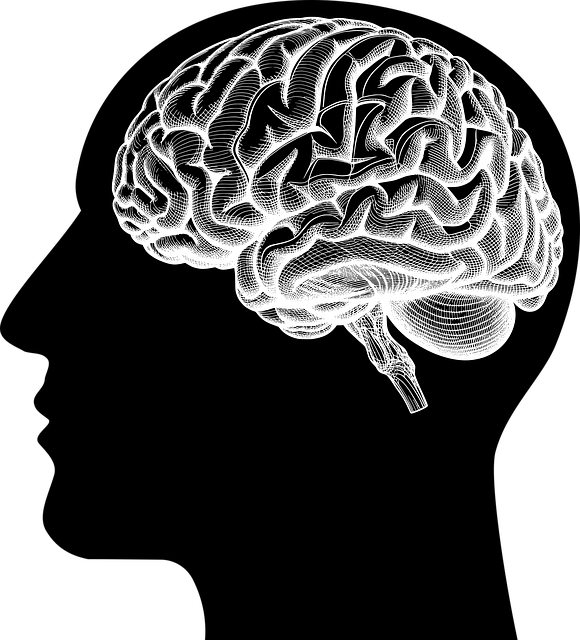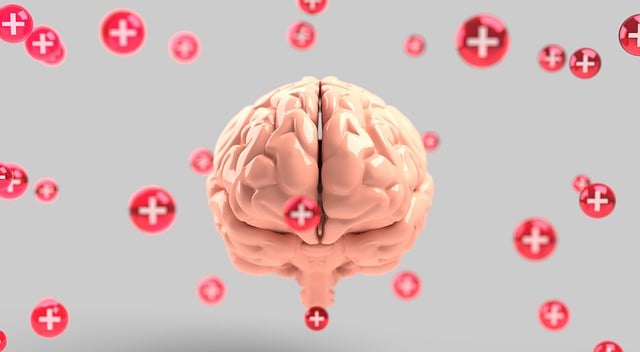Mental wellness is a key aspect of overall well-being, impacted by conditions like persistent sadness, anxiety or stress. Therapy for adults and family counseling are vital interventions offering safe spaces to address underlying issues. Cultural sensitivity in mental healthcare ensures tailored support for diverse individuals. Journaling emerges as powerful therapy for adults, aiding mental wellness through self-expression and reflection. A dedicated journaling space, using formats like bullet points or free writing, tracks moods, practices gratitude, and reflects on counseling sessions. Incorporating insights from family counseling into a journal enhances personal growth and emotional healing. This practice, coupled with goal-setting and mindful questioning, improves mental health outcomes for adults in therapy.
“Unwind your mind and embark on a journey of self-discovery through mental wellness journaling. In today’s fast-paced world, prioritizing our emotional well-being is crucial. This article explores how this simple yet powerful practice can transform daily life. We’ll delve into the science behind journaling as therapy for adults, offering guidance on setting up your personal sanctuary. From effective techniques to incorporating family counseling insights, discover how to unlock your mental wellness potential and cultivate a healthier, happier you.”
- Understanding Mental Wellness and Its Impact on Daily Life
- The Power of Journaling as a Therapeutic Tool
- Creating Your Journal: Setting Up for Success
- Effective Techniques for Adult Journaling Practice
- Incorporating Family Counseling Insights into Your Journal
Understanding Mental Wellness and Its Impact on Daily Life

Mental wellness is a crucial aspect of overall well-being, encompassing our emotional, psychological, and social health. It influences how we think, feel, and act in our daily lives, impacting our relationships, work performance, and general sense of fulfillment. Understanding mental wellness involves recognizing that it’s not merely the absence of mental illness but a state of equilibrium where individuals can effectively cope with life’s challenges. Achieving and maintaining this balance is essential for leading a fulfilling life.
The impact of poor mental wellness can be profound, affecting various areas of daily functioning. It may manifest as persistent feelings of sadness, anxiety, or stress that interfere with routine activities and relationships. This is where therapy for adults and family counseling play pivotal roles in facilitating emotional healing processes. These therapeutic interventions provide safe spaces to explore and address underlying issues, fostering improved mental wellness and overall resilience. Additionally, cultural sensitivity in mental healthcare practice ensures that individuals from diverse backgrounds receive tailored support, considering the unique aspects of their cultural identities and experiences.
The Power of Journaling as a Therapeutic Tool

Journaling has emerged as a powerful therapeutic tool for adults seeking to enhance their mental wellness and overall quality of life. Through the act of writing down thoughts, feelings, and experiences, individuals can gain profound insights into their emotional states, which is a crucial step in self-care practices and empathy building strategies. By offloading these internal monologues onto paper, people create space for reflection, enabling them to process complex emotions and gain perspective.
This practice has shown promise not only for individual therapy but also within family counseling settings. Incorporating journaling into sessions allows family members to express themselves openly, fostering better communication and understanding. Moreover, it serves as a valuable aid in stress management workshops, empowering participants with an effective organization tool to track their progress and cultivate mindfulness.
Creating Your Journal: Setting Up for Success

Creating your journal is a powerful first step towards prioritizing mental wellness. Start by selecting a space dedicated to your journaling practice – this could be a quiet corner in your home, a special notebook or even a digital document. Choose a format that suits your preferences; it could be bullet points, stream-of-consciousness writing, or structured prompts. Consider incorporating elements like mood trackers, gratitude lists, and reflections on therapy sessions or family counseling experiences to make your journal a comprehensive tool for emotional well-being promotion techniques.
Personalize your setup with prompts that resonate with you. Think about the specific aspects of mental wellness coaching programs development that are relevant to your journey. Whether it’s managing stress through mindful exercises in workshops organization or simply venting emotions, tailor your journal to support these needs. Remember, a successful journaling practice is not about perfection but consistency. Set realistic goals, make it a daily ritual, and watch as your mental wellness improves over time.
Effective Techniques for Adult Journaling Practice

Effective Techniques for Adult Journaling Practice
Journaling can serve as a powerful therapy for adults, complementing traditional family counseling sessions. Through this introspective practice, individuals can explore their thoughts and emotions in a safe, private space. One effective technique involves setting specific, achievable goals each day, such as reflecting on a memorable experience or expressing gratitude. This structured approach encourages consistent engagement, fostering mental wellness over time.
Incorporating free-writing, mood tracking, and mindful questioning enhances the journaling experience. Free-writing allows individuals to pour their thoughts onto paper without judgment, while mood tracking provides valuable insights into emotional patterns. Mindful questions encourage self-reflection and deeper understanding of one’s experiences. These techniques, when practiced regularly, contribute to improved mental health outcomes, making it a valuable component in the production of a successful Mental Wellness Podcast Series or even informing the design of comprehensive Mental Health Education Programs.
Incorporating Family Counseling Insights into Your Journal

Incorporating insights from family counseling sessions into your mental wellness journal can be a powerful tool for personal growth and healing. Many adults who seek therapy also benefit from understanding how interpersonal dynamics impact their mental health. Journaling allows you to reflect on these session revelations and apply them to your daily life. For instance, if your therapist has taught you effective conflict resolution techniques, jotting down scenarios where these skills can be used can help reduce stress and improve relationships.
By integrating family counseling themes into your journaling practice, you create a space for processing complex emotions related to familial bonds and interconnections. This process fosters self-awareness, especially when exploring cultural sensitivity in mental healthcare practices, which is crucial for burnout prevention. It enables you to recognize patterns, manage triggers, and develop strategies that support your overall well-being—all while maintaining the privacy of your journal.
Mental wellness journaling can be a transformative practice, offering individuals a powerful therapy for adults and a means to integrate family counseling insights. By understanding mental wellness and its impact on daily life, we empower ourselves to take control of our emotional well-being. The article has explored various techniques, from setting up your journal to incorporating family dynamics, providing guidance for effective adult journaling practice. Remember that, by making this simple yet profound habit a part of your routine, you can enhance your mental wellness journey and find solace in self-reflection.














